Exercise, increase foods rich in calcium and vitamin D, and limit alcohol to help women strengthen muscles and joints and prevent osteoporosis.
Osteoporosis weakens bones, leading to loss of mass and increasing the risk of sudden fractures. The disease often progresses without specific symptoms. In some cases, osteoporosis is not detected until weakened bones cause painful fractures, usually in the back or hip.
Middle-aged women are at high risk of estrogen deficiency during perimenopause and menopause. In addition to its physiological function, this hormone also plays a role in protecting and maintaining bone health. Some of the suggestions below can prevent osteoporosis related to menopause.
Do exercise
Regular exercise can increase bone and muscle strength, thereby preventing osteoporosis. Certain exercises can help middle-aged women avoid falls and prevent fractures.
Walking, jogging, playing tennis, cycling and dancing are all good exercises for bones and help with weight loss. Weight-bearing exercises such as lifting weights, planking and squatting done at least 3-4 times a week can reduce the risk of osteoporosis.

Exercise helps women prevent osteoporosis. Photo: Freepik
Eat foods rich in calcium
Adequate calcium intake builds strength and helps maintain bone density. The recommended daily allowance (RDA) of calcium for adults at low to moderate risk of osteoporosis is 1,000 mg. For those at high risk, such as menopausal and postmenopausal women, the RDA of calcium increases to 1,200 mg per day.
Common calcium-rich foods include milk and dairy products (low-fat options are recommended); salmon and sardines; dark green leafy vegetables such as kale, collard greens, and broccoli; orange juice; calcium-fortified powders, etc.
Calcium carbonate and calcium citrate are common forms of calcium supplements. People taking these products should consult their doctor about dosage, as too much calcium increases the risk of kidney stones.
Boost vitamin D
The body uses vitamin D to absorb calcium. Sunbathe for about 20 minutes a day or eat foods like eggs, fatty fish, fortified cereals and milk to increase vitamin D for the body. As with calcium, women who use additional support products should consult a doctor about dosage to avoid harm to health.
Medicine
Certain medications can prevent osteoporosis in people at high risk of fractures. Dosage and specific medications should be followed as directed by a specialist.
Estrogen therapy
Estrogen therapy may be used as a treatment option in women with a high risk of osteoporosis and/or severe menopausal symptoms due to a lack of this hormone.
Quit bad habits
Limiting alcohol consumption and not smoking also protect bone health. Smoking can affect estrogen production, while too much alcohol can damage bones, increasing the risk of falls.
Bao Bao (According to WebMD )
| Readers ask questions about female physiology here for doctors to answer |
Source link



![[Photo] Enjoy the Liuyang Fireworks Festival in Hunan, China](https://vphoto.vietnam.vn/thumb/1200x675/vietnam/resource/IMAGE/2025/10/26/1761463428882_ndo_br_02-1-my-1-jpg.webp)


![[Photo] Nhan Dan Newspaper displays and solicits comments on the Draft Documents of the 14th National Party Congress](https://vphoto.vietnam.vn/thumb/1200x675/vietnam/resource/IMAGE/2025/10/26/1761470328996_ndo_br_bao-long-171-8916-jpg.webp)
![[Photo] General Secretary To Lam received the delegation attending the international conference on Vietnam studies](https://vphoto.vietnam.vn/thumb/1200x675/vietnam/resource/IMAGE/2025/10/26/1761456527874_a1-bnd-5260-7947-jpg.webp)


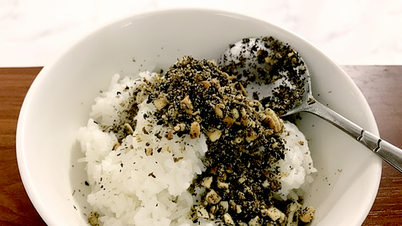






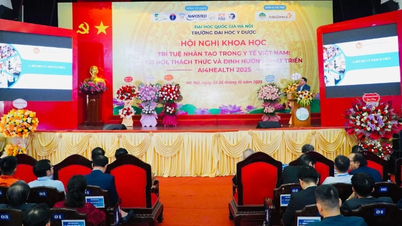



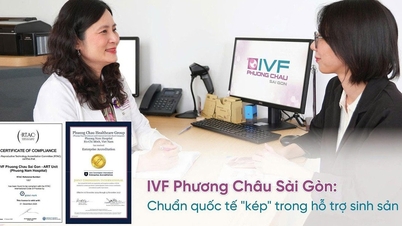
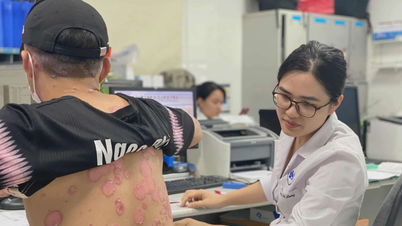

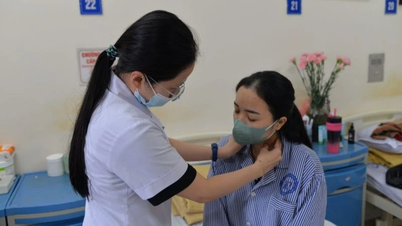












![[Photo] Prime Minister Pham Minh Chinh attends the opening of the 47th ASEAN Summit](https://vphoto.vietnam.vn/thumb/1200x675/vietnam/resource/IMAGE/2025/10/26/1761452925332_c2a-jpg.webp)










































































Comment (0)